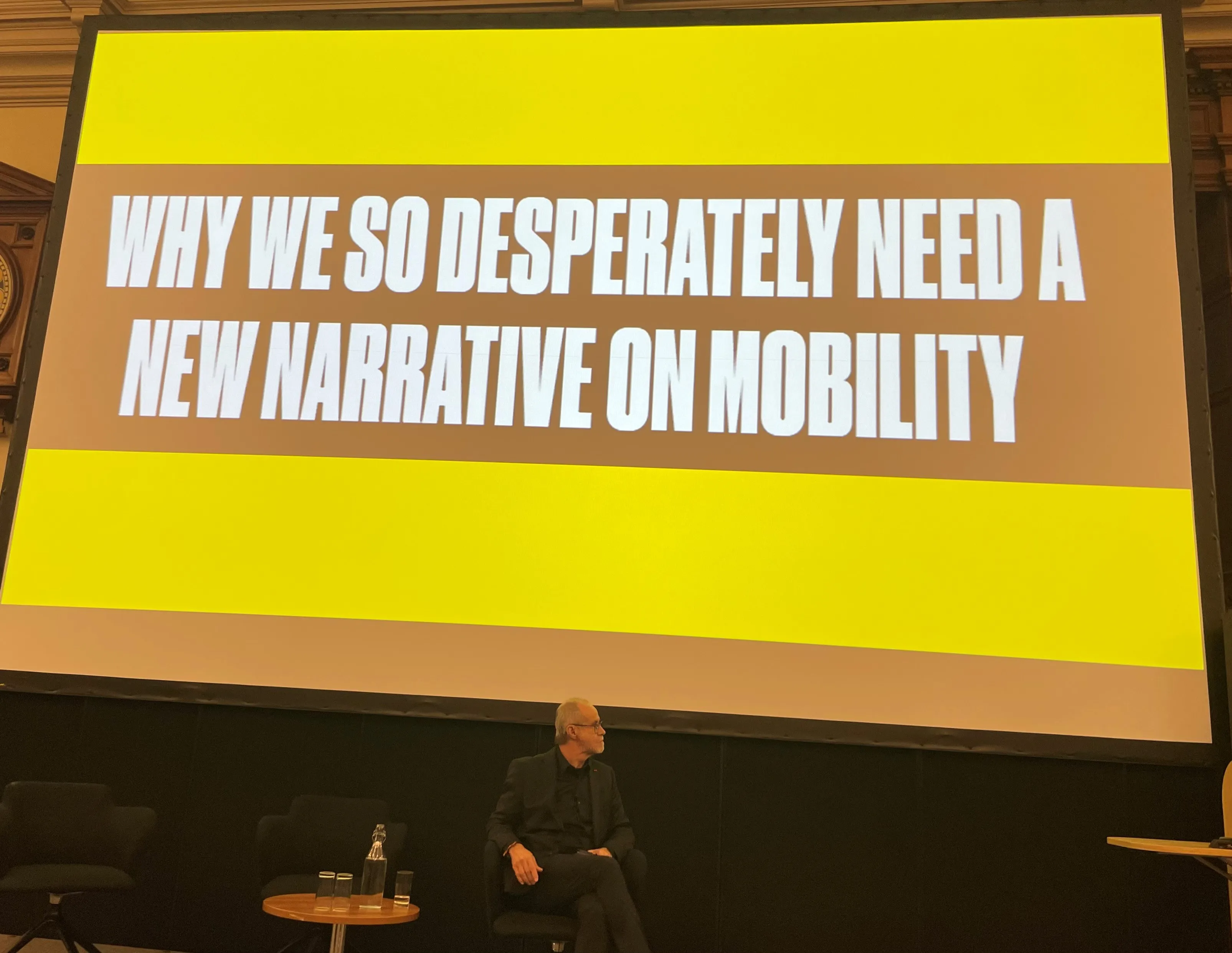
The number of minutes in the '15-minute cities' concept has become a distraction which is preventing people from properly understanding the idea.
That was one of the key takeaways from the inaugural TSU Annual Lecture at the University of Oxford (UK)'s Transport Studies Unit by Professor Carlos Moreno of the Paris IAE - Pantheon Sorbonne University.
Moreno, interviewed in ITS International last year, is the inventor of the concept which essentially posits that all amenities that a person needs for daily life - work, school, health, recreation, shopping and so on - should ideally be within a 15-minute walk or cycle ride from their home.
But some critics have taken this to mean people would be in effect imprisoned in 'zones' out of which it would be difficult - or impossible - to move. This is manifestly not what Moreno is saying, but those seeing 15-minute cities purely as a restriction on individual liberty - especially car use - have gained the ear of politicians in the UK and elsewhere.
The UK city of Oxford, the venue for Moreno's lecture, saw protests last year over restrictions on driving proposed by the local council. These were conflated in many cases with the 15-minute concept.
Moreno acknowledged there was confusion: "We want to switch more and more to 'sustainable proximities' and not to the number 15," he said.
"This is not a war against the car. We have observed a massive misunderstanding - we have been engaged in a cultural battle - the question today is not the number of minutes, it's to change our lifestyle, our workstyle." The concept as first put forward "has created an obsession with the number 15".
"10 minutes, 20 minutes, 30 minutes - the main thing is to give priority to decarbonised mobility," he says. "It's a transformation of our lifestyle - no-one said we wanted to reduce the ability to move."









